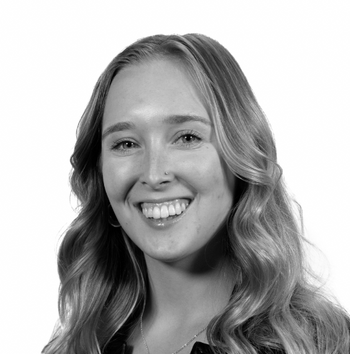Post-COVID enrollment down by 1 million as students cite affordability, mental health concerns
EAB claims that COVID-19's 'resulting impacts on mental health, socio-emotional development, and academic preparation may have made students feel less confident.'
A recent report from education consulting group EAB found that high schoolers are increasingly deciding to put off attending college due to high tuition and being mentally unprepared.
According to a new report from EAB, an education consulting firm, high schoolers are increasingly feeling mentally unprepared for college as more students express that a degree may not be worth the cost.
“A growing number of high school students point to concerns over affordability as well as academic and mental health preparedness as primary reasons behind their decision not to enroll in college,” EAB stated. “The report summarizes the results of a new survey of more than 20,000 ‘Gen P’ high school students—those whose college-going behaviors have been influenced by the [COVID-19] pandemic.”
Each year, EAB conducts a survey of approximately 20,000 high schoolers to poll students about their college plans.
EAB’s latest findings revealed that 20 percent of students who decided not to attend college immediately after high school indicated that higher education was not worth the cost — a rise from the pre-pandemic level of 8 percent in 2019.
[RELATED: Ohio House passes bill requiring schools to be transparent about the real cost of college]
The report also found that 22 percent of high schoolers who declined to pursue a college education felt that they were “not mentally ready for college.” This was an increase from 14 percent reported in 2019.
EAB also cited the National Student Clearinghouse in noting that undergraduate enrollment is down by 1 million students since the coronavirus outbreak of 2019-2020.
“It’s no secret that the pandemic has taken a toll on student mental health and academic preparedness,” said EAB’s Enroll360 President Hope Krutz. “So many negative effects of the pandemic make it harder for today’s students to see college as a viable option.”
[RELATED: REPORT: Universities compounded the student mental health crisis during the pandemic]
EAB also noted that “diminished access to in-person instruction during the pandemic created gaps in academic achievement and decreased opportunities for social development through classroom interactions with peers and teachers.”
Consequently, the “resulting impacts on mental health, socio-emotional development, and academic preparation may have made students feel less confident that they will succeed in college or find a sense of belonging on campus, creating increased retention risks.”
These trends are not new, but are becoming rapidly more apparent.
Campus Reform recently reported on a poll conducted by The Wall Street Journal that found that a decreasing number of Americans have faith in the university system due to high costs, effects of the pandemic, and liberal bias.
Campus Reform has reached out to EAB for further comment. This article will be updated accordingly.

